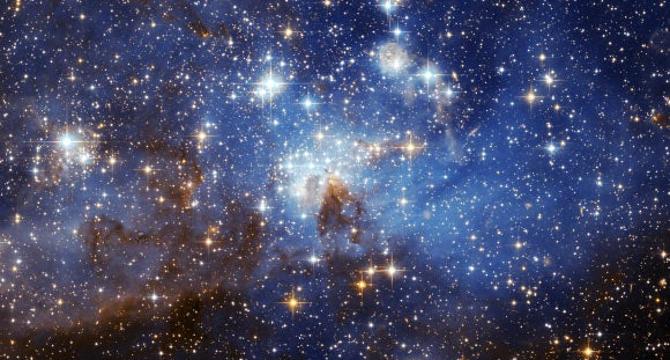Brighter Side of News
1d
281

Image Credit: Brighter Side of News
Astronomers believe the universe isn’t just expanding – it’s spinning too
- Astronomers have long been puzzled by the discrepancy in the universe's expansion rate, known as the Hubble tension, which threatens the standard cosmological model.
- Proposing a new idea, a study suggests that besides expanding, the universe could be spinning slowly, providing a potential resolution to the Hubble tension.
- The Hubble constant, used to measure the expansion rate, is derived from different methods, leading to conflicting values of around 73 and 67 kilometers per second per megaparsec.
- Recent research using the Hubble Space Telescope favored the higher expansion rate but didn't align with Planck CMB data, indicating a significant discrepancy.
- To reconcile this conflict, a study by István Szapudi and team introduces a model of a rotating universe that surprisingly addresses the Hubble tension without contradicting existing observations.
- The proposed universe rotation, while seemingly unconventional, has historical precedents and aligns with observations of spinning celestial bodies like stars and galaxies.
- The model suggests that even a slow universal spin, completing one rotation every 500 billion years, could impact the cosmos' expansion behavior, potentially explaining the conflicting measurements.
- The rotation hypothesis offers a fresh perspective on the universe's dynamics and could lead to new insights into fundamental aspects of space and time.
- Future research aims to validate the rotating universe concept through computer modeling and observational data, highlighting the scientific community's readiness to adapt theories based on empirical evidence.
- This study underscores the ever-evolving nature of scientific understanding, exemplified by the potential paradigm shift towards acknowledging a slowly rotating universe.
Read Full Article
16 Likes
For uninterrupted reading, download the app